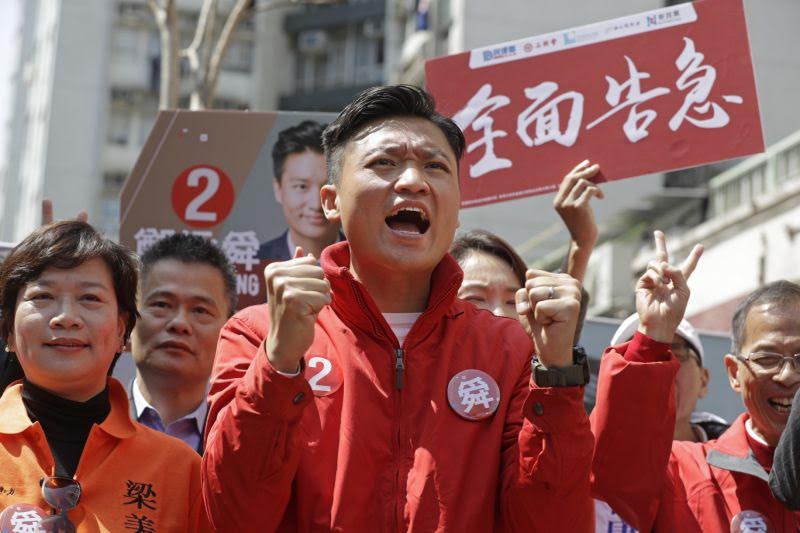By Anandita Mehta
Staff Writer
Pro-democracy voters in Hong Kong failed to fulfill their goal of drawing power away from China’s Communist government after winning only half of the vacant legislative spots in by-elections on March 11, according to Reuters.

Two ideological parties have been competing to fill the positions for the past eight months — the pro-establishment group sympathizes with the Chinese government and the pro-democracy group advocates for representative democracy in Hong Kong, according to The Economist.
The elections involved four out of six open positions on the Legislative Council, which formerly belonged to six lawmakers whose oaths of office were disqualified. According to Reuters, four of the ousted representatives were pro-democracy, and the other two were pro-establishment.
The pro-democracy group won two seats with candidates Au Nok-Hin and Gary Fan. The pro-establishment group won the remaining two seats with candidates Vincent Cheng and Tony Tse, according to The Hong Kong Free Press.
The pro-democracy group, which was expected to win three of the four open seats, suffered at the polls due to low voter turnout, according to TIME.
The Legislative Council is a leftover governing body from when Hong Kong was under British rule, according to The Economist. It has 70 positions in total, half of which are filled by direct votes from civilians.
Since Hong Kong returned to Chinese control in 1997, the city retains semi-autonomy under the “one country, two systems” approach, according to TIME.
The democracy movement has been growing in recent years, especially within youth communities. Pro-democracy street protests and sit-ins were included in a 2014 operation called the Umbrella Movement, according to The New York Times.
The democratic political views include support of self-determination for Hong Kong, which the central government of China sees as a gateway to the city declaring independence, according to Reuters.
After ousting the six lawmakers from their positions on the Legislative Council, the Chinese government issued an interpretation of how the oaths of office should be read, which angered young lawyers who saw the move as Beijing exerting authority over the city, according to Reuters.
Despite the democracy movement’s growth in recent years, the strong political fervor is not widespread amongst Hong Kong’s citizenry.
The elections were fairly quiet, with few candidate banners, televised debates or popularity polls, according to Reuters.
Only 43 percent of eligible voters came out to vote, according to TIME.
“The mood is subdued,” said Peter Lee, a student who attended a pro-democracy rally, according to Reuters. “Many people feel helpless and think things can’t be changed and the central government will eventually take control over Hong Kong. But that’s why we need to come out now to demand changes, before it’s too late.”







